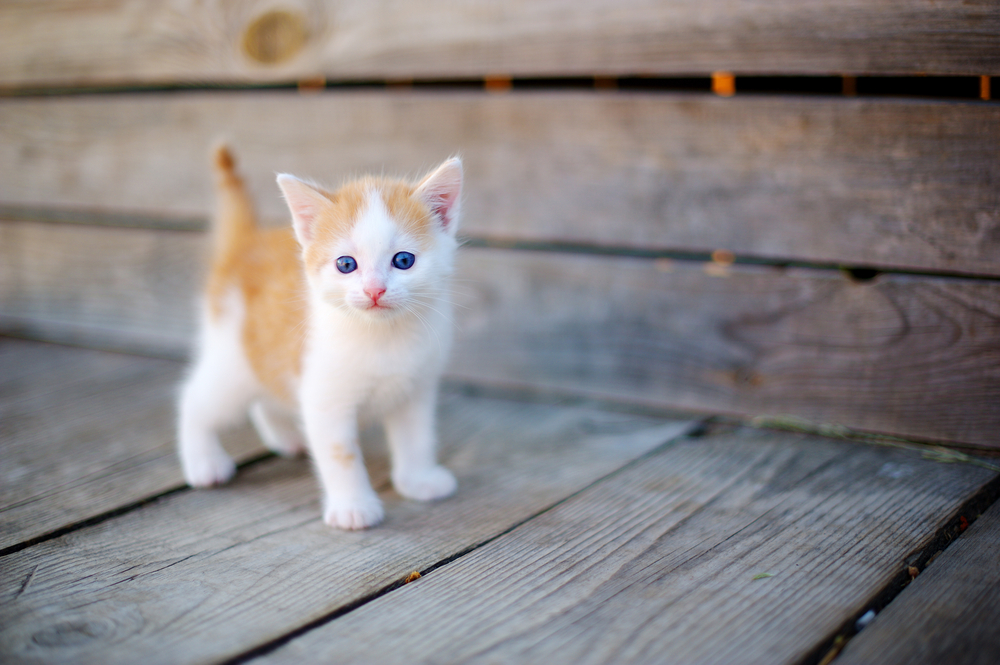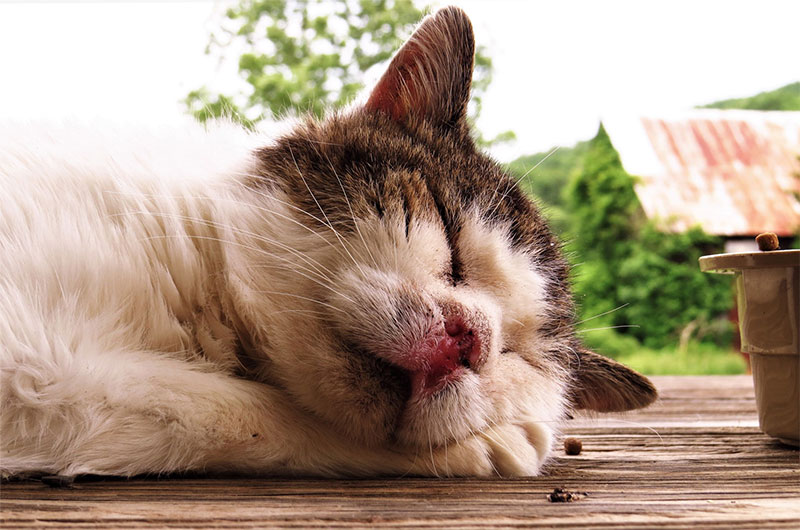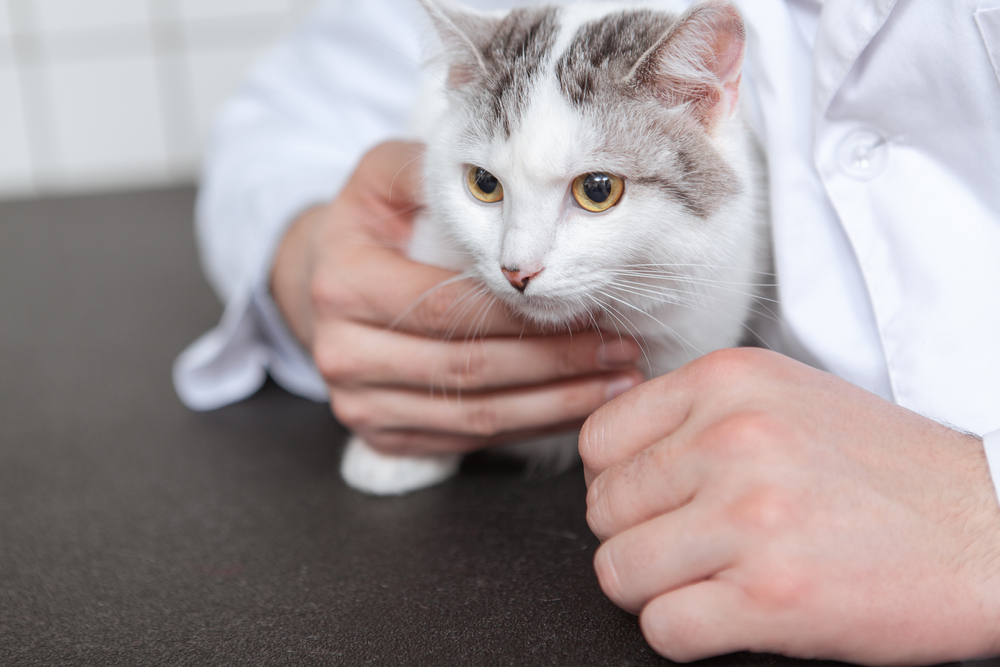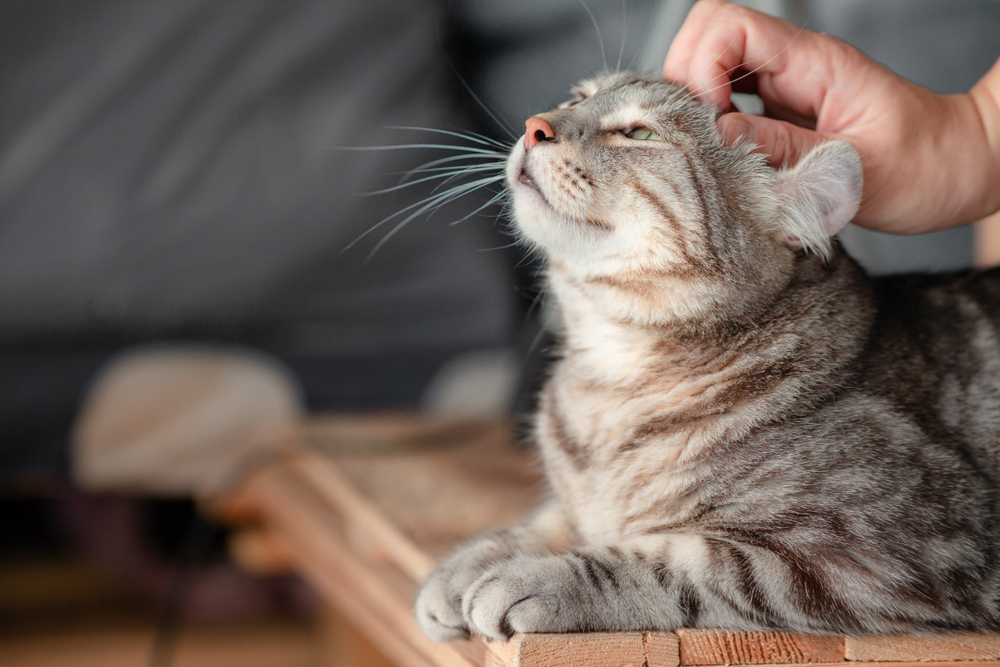
Does My Cat Need to Be Vaccinated for Feline Leukemia?
The feline leukemia (FeLV) vaccine is not considered a core vaccine. (Core vaccines include those that every cat is either required by law or recommended to have.) Even though the FeLV vaccine isn’t a core vaccine, our experts at Adobe Veterinary Center strongly recommend it for all cats – especially kittens who are more susceptible.
What Is Feline Leukemia?
Feline leukemia (FeLV) is not cancer. FeLV is a retrovirus that kittens and cats can contract from their mothers (in utero or while nursing) or when exposed to bodily fluids (like saliva, urine, or feces) from an infected cat. Cats often contract the virus when sharing food or water bowls, when grooming each other, sharing toys, using the litter box, marking territory, or even when fighting with another cat.
Over time, FeLV can lead to anemia, suppress a cat’s immune system, and make them susceptible to all sorts of infections. FeLV also causes cellular changes that lead to the development of cancer.
FeLV Symptoms
FeLV presents itself differently in each cat with a wide range of potential symptoms including:
- Appetite loss
- Weight loss
- Fever
- Swollen lymph nodes
- Anemia
- Gastrointestinal problems
- Issues with the eyes, nose, and mouth
- Neurological symptoms
- Immune-mediated diseases
- Platelet disorders
- Skin and coat problems
- Immunodeficiency and frequent infections
Some experience symptoms several days after exposure. Other cats don’t experience problems until much later. Although some cats’ immune systems are able to fight off FeLV, the virus causes serious illness responsible for a considerable portion of feline deaths each year.


When to Vaccinate Your Cat
Only cats and kittens that will be around other felines could potentially be exposed to the virus, but we recommend vaccinating even indoor-only cats in single-cat households. There’s no cure for FeLV, and the vaccine is both safe and effective. So, why risk the chance of your kitten slipping out the screen door and getting exposed?
Kittens receive their first FeLV vaccine at around eight weeks of age followed by a booster three to four weeks later. Kittens older than 16 weeks and adult cats that are receiving their first dose should also have a booster within three to four weeks. Adult cats with sustained exposure should have an annual booster.
Feline Preventative Care Appointments at Adobe Veterinary Center
If you’ve recently adopted a kitten or have a cat due for their annual vaccine boosters, we invite you to establish care with our cat veterinarians in Tucson. We’ll discuss your vaccination options to protect them from a range of diseases. To schedule an appointment, contact us today.








